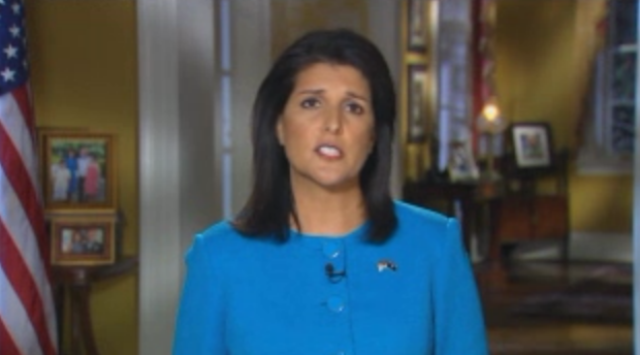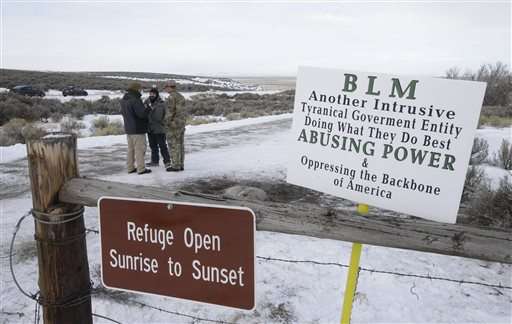Mobile's Binge On has been throttling everything, according to EFF
By Myrtle Vega Jan 17, 2016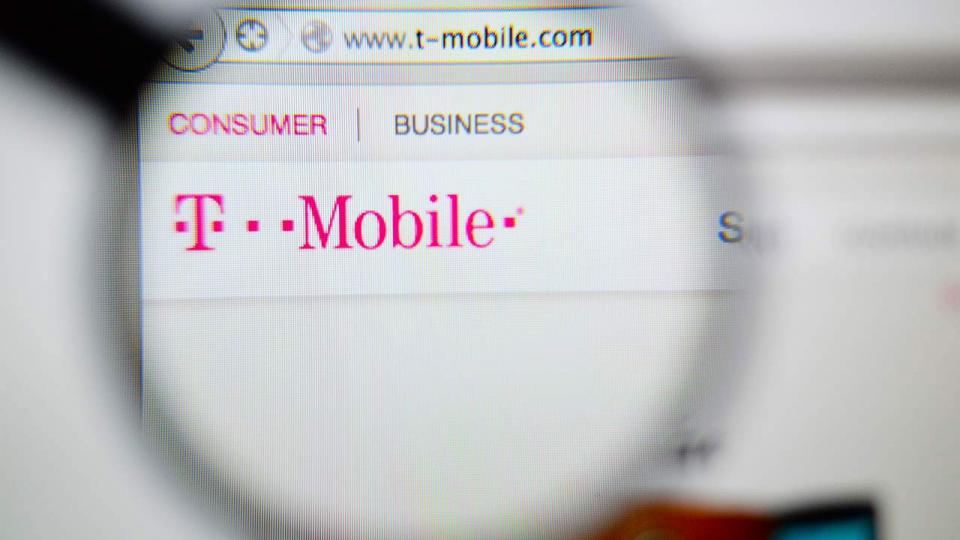
The digital advocacy organization tried streaming and downloading videos from sites that are not affiliated with T-Mobile's Binge On by using a smartphone on T-Mobile's wireless network and found that their download speeds were significantly slower than they were when downloading and streaming the same content over an encrypted connection, so that T-Mobile couldn't tell what type of content the testers were accessing.
In late November, T-Mobile announced a new video optimization program, dubbed "Binge On".
The Electronic Frontier Foundation (EFF) has called on the FCC to bring T-Mobile to account after confirming that the mobile provider is throttling all high-definition video streams down to DVD quality, in possible breach of current regulations about net neutrality. T-Mobile automatically enabled the Binge On feature for customers, but users soon realized that T-Mobile was degrading the quality of all video content, even if the content provider was not a Binge On partner.
The final finding is that comparing the hash files of video files downloaded via Binge On to the same files downloaded with the service disabled returned identical results.
"In other words, our results show that T-Mobile is throttling video streams, plain and simple".
Yet now, an EFF investigation into the service appears to disagree with T-Mobile's comment.
The service lets users download unlimited amounts of low-resolution video from partners such as Netflix.
The EFF said they reached out to T-Mobile to better understand the process. T-Mobile has taken heat from net neutrality advocates (and YouTube) for meddling with Internet content and setting a bad precedent, even if customers may be excited by the lure of "free stuff". The T-Mo execs also said that YouTube's stance on Binge On is "absurd". "It also means that videos are being throttled even if they're being watched or downloaded to another device via a tethered connection".
Tests showed when Binge On was enabled, all video streams and downloads degraded to 1.5 Mbps.
The carrier responded by saying that they did not throttle YouTube, but rather they were "optimizing" the platform for bandwidth. If video is more than 480p, the effect is just uneven streaming or stuttering.
T-Mobile objects to the suggestion that the company is "throttling" a user's data, and insists on sticking with the term "optimize", but the EFF correctly points out that the lack of any processing other than a hard cap on video bitrate makes "throttling" the only logical description. The EFF argues that Binge On should be opt-in instead of opt-out, "with clear disclosure that opting in will throttle all video traffic".
"It also accuses the telecom giant of violating the Open Internet Order created by the FCC, which says that IPS "...shall not impair or degrade lawful Internet traffic on the basis of Internet content, application, or service...subject to reasonable network management".
Garde unhappy with penalty call in Villa draw
Villa are a good team and I remember the first game and how hard it was to beat them (Leicester won 3-2 after being 2-0 down). Rudy Gestede rescued a point for the rock bottom hosts and denied the Foxes the chance to move further clear at the summit.
You may also like...
-
Advertisement
-
Leadership
UK, EU congratulate DPP's Tsai on being elected president
Jan 17, 2016
In Taiwan itself there remains a split between those seeking independence, and others calling for reunification with China. Chu says the KMT would respect the people's decision and supervise the DPP as a loyal opposing party.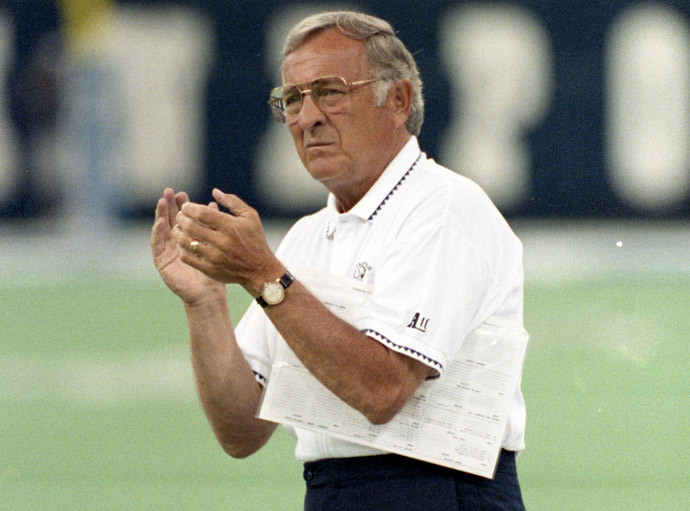 Longtime NFL head coach Ted Marchibroda dies
Longtime NFL head coach Ted Marchibroda dies
Jan 17, 2016
In between head coaching stints, he went to Buffalo in the late 1980s as first quarterbacks coach, then as offensive coordinator. A native of Franklin, Pa., Marchibroda and his wife, Ann, had two daughters, Jodi and Lonni and two sons, Ted Jr. and Robert.Fans cheer Chiefs, defense looks to bunch Brady's Pats
Jan 17, 2016
The Chiefs won 41-14 in Arrowhead Stadium in a game so one-sided that the Patriots were written off in some segments of the media. Ed: First up is the red-hot Kansas City Chiefs coming to Foxboro to face the struggling New England Patriots (4:35 pm ET, CBS).Guardiola could make City wait
Jan 17, 2016
It was reported that Bayern Munich's striker Robert Lewandowski is looking to take his talents to the Premier league. Guardiola announced last month he would be leaving Bayern Munich when his contract expires at the end of the season.Turkey arrests 9 suspected Islamic State members following Istanbul bombing
Jan 17, 2016
On Wednesday, German Foreign Ministry spokeswoman Sawsan Chebli said the number had risen to 10. He said Germany stood resolutely by Turkey's side in the fight against terrorism. How to Watch the Packers-Cardinals NFL Playoff Game Live Stream Online
How to Watch the Packers-Cardinals NFL Playoff Game Live Stream Online
Jan 17, 2016
Davante Adams will miss the game with a knee injury and tight end Richard Rodgers will be playing through a hip injury. The list of probable players for the Packers is the longest of all. "We're focused on the 2016 Green Bay Packers".Could email derail sexual assault case against Cosby?
Jan 17, 2016
Then-District Attorney Bruce Castor will be a key defense witness at a February 2 hearing to determine if the case is thrown out. Cosby's lawyers say it was his testimony 10 years ago that fueled his arrest in December 2015.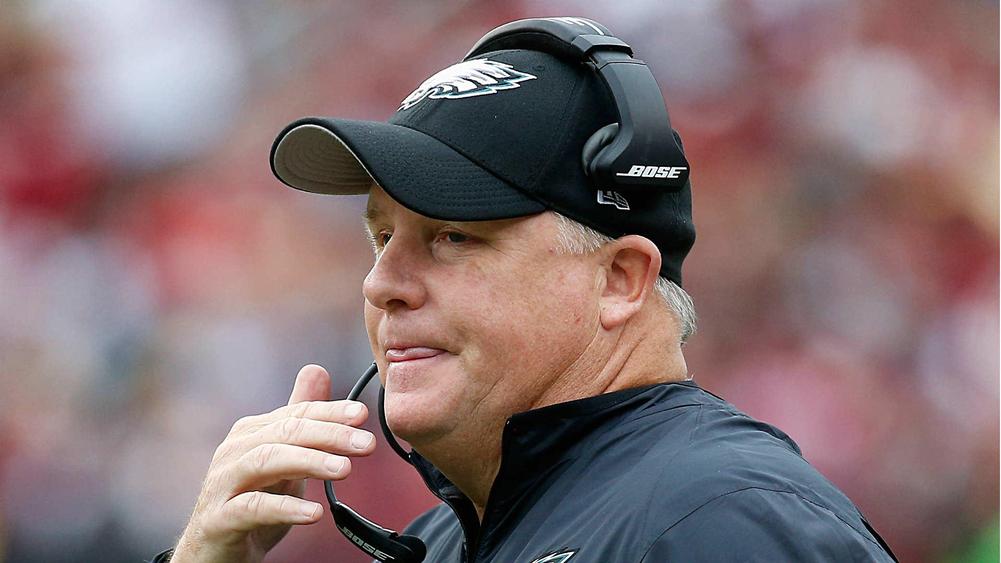 49ers hire Chip Kelly
49ers hire Chip Kelly
Jan 17, 2016
If Kelly can replicate the success he saw in Philadelphia by winning 20 games the next two seasons, it will be well worth it. Chip's passion for the game and vision for the future of this team clearly stood out to us during the search process.Anglicans overwhelmingly agree to keep communion intact
Jan 17, 2016
Ever since, theological conservatives, led by Anglican leaders in Africa, have demanded some penalty for the US church. For three years the American church will be banned from various doctrinal and ecumenical meetings of the communion.Hillary Clinton praises prisoner release, urges new Iran sanctions
Jan 17, 2016
It was unacceptable, Cruz said, for the president to not even mention the sailors at his State of the Union address Tuesday night. Zarif took a firm stance as the sailors had violated Iran's territorial waters and asked the USA for an apology", Mr Fadavi said. -
-
The Latest
- Alicia Guzman | Apr 06, 2016
-
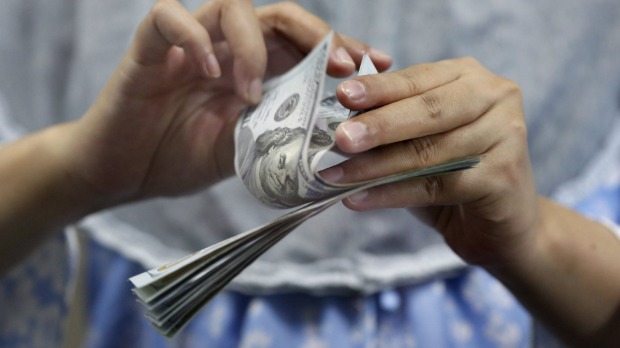 Alicia Guzman | Apr 06, 2016
Alicia Guzman | Apr 06, 2016
-
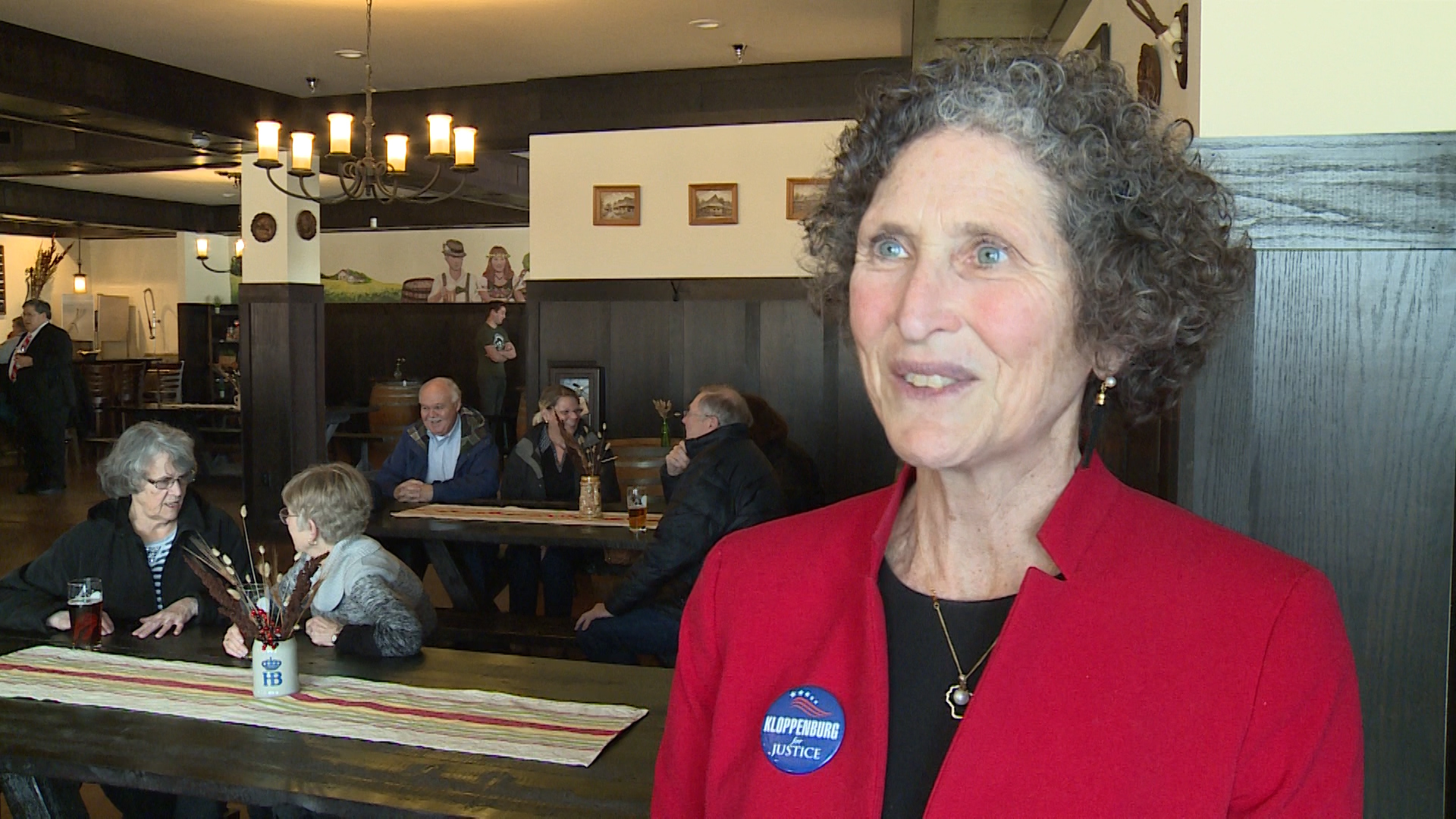 Alicia Guzman | Apr 06, 2016
Alicia Guzman | Apr 06, 2016
-
Alicia Guzman | Apr 06, 2016
'Good Luck With That': Obama Criticizes Trump's Mexican Wall Proposal
- Alicia Guzman | Apr 06, 2016
-
Alicia Guzman | Apr 06, 2016
Wisconsin Primary: 5 Story Lines to Watch in the Badger State
-
- Myrtle Vega | April 05, 2016
-
Myrtle Vega | April 05, 2016
FCC Endorses Labels Providing Internet Price, Performance Info
-
-
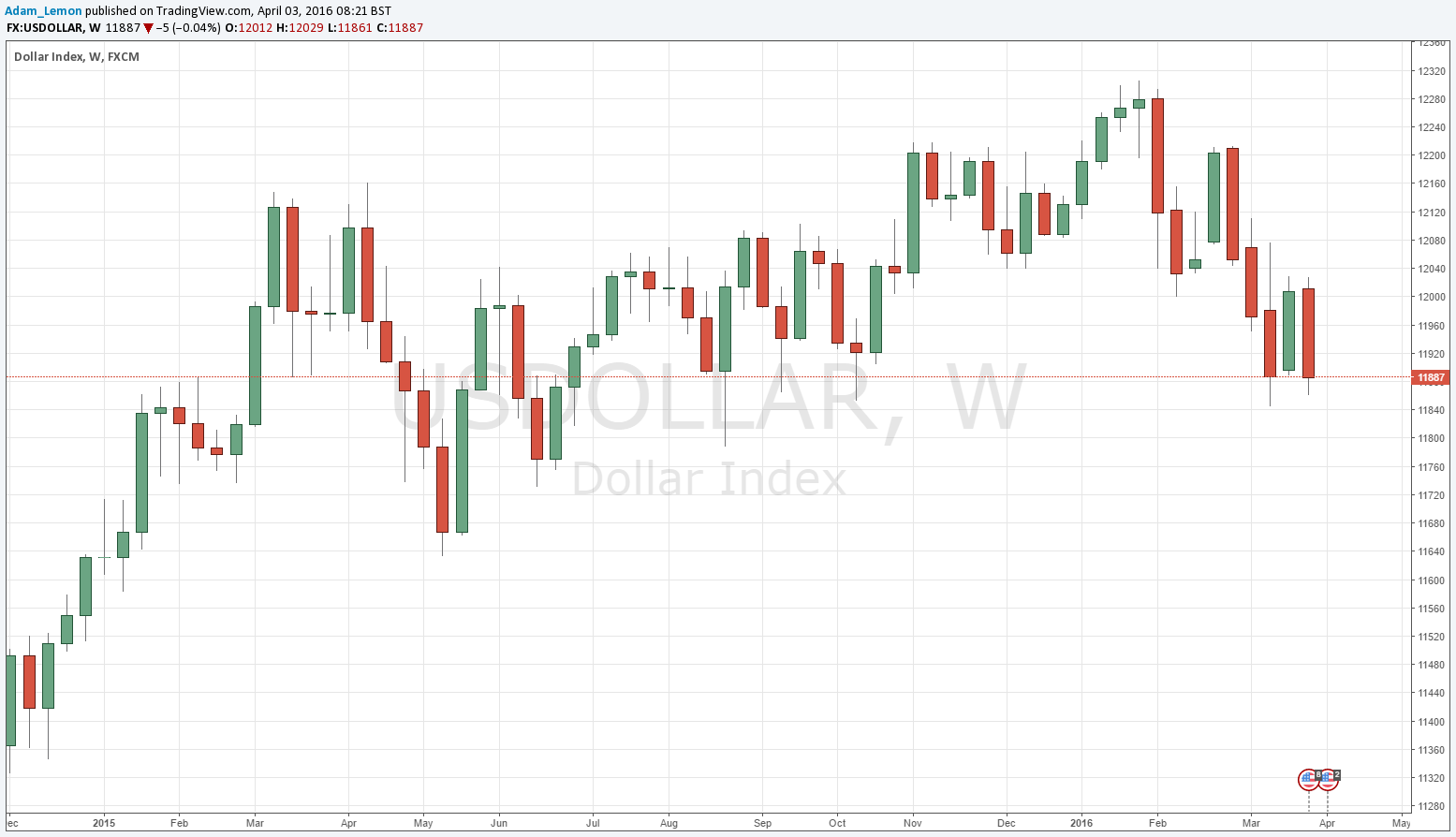 Myrtle Vega | April 05, 2016
Myrtle Vega | April 05, 2016
RBA leaves interest rates on hold, but a cut could be coming
-
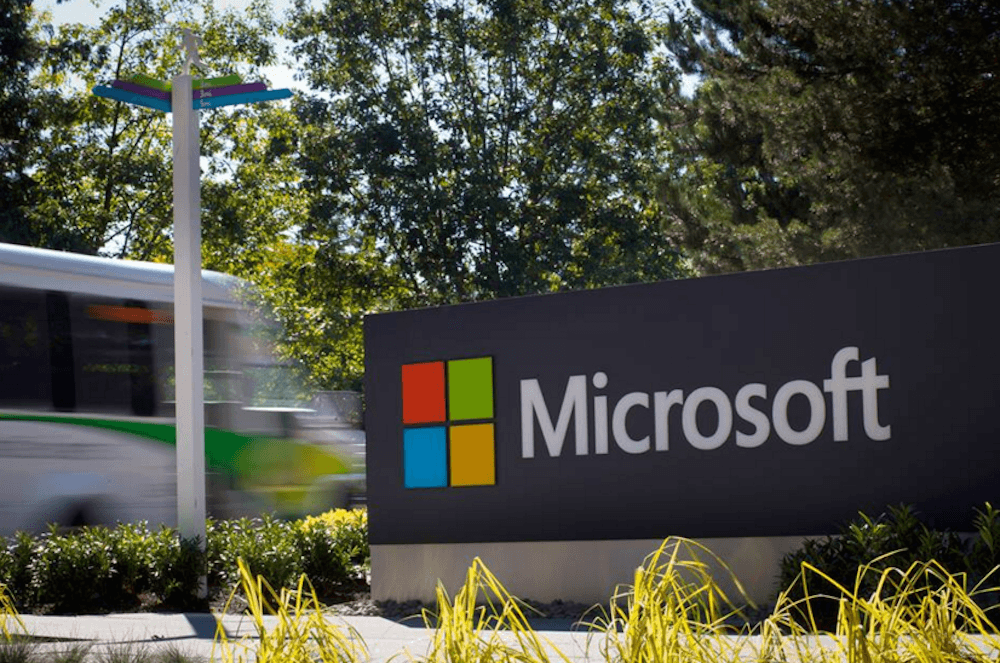 Myrtle Vega | April 05, 2016
Myrtle Vega | April 05, 2016
-
Top Tags
Copyright © 2016 financialspots.com - Financial Spots | All Rights Reserved

